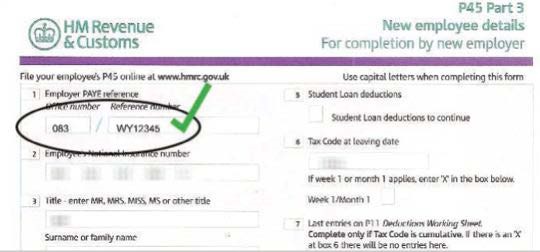Imagine you have the opportunity to invest £100,000 for your company, with a 70% chance of providing a 20% return within five years. Do you decide to go for it? Now consider whether your decision would be different if you could be held personally liable for making the wrong decision; your home and other assets are on the line. Do you have the same approach to risk?
This simplified scenario demonstrates why Directors & Officers (D&O) insurance exists. Senior employees are exposed to civil and criminal liability in relation to a host of responsibilities including employee safety, tax and finance law. Company law can also give rise to personal liability, for example, if directors know a company is about to become insolvent but continue trading anyway, any resulting losses can potentially be recovered from their personal assets.
D&O insurance gives directors and officers the confidence to know there is support available to pay compensation or defend claims or prosecutions when things go wrong. It’s not a ‘get out of jail free’ card to excuse negligent behaviour, but it does provide valuable protection in difficult situations.
Let’s consider seven key things you need to know about D&O insurance.
- Claims can be brought by a variety of company stakeholders
It’s not just shareholders who may bring a claim against senior staff. Employees, bondholders, lenders, customers, consumer bodies, suppliers and competitors could all have legal standing to bring a claim. The likelihood is that at some point, every company will face the threat of a claim.
-
D&O insurance is not compulsory
The law does not require you to hold D&O insurance, but in practice, companies can find it very difficult to recruit top talent without having a policy in place. Qualified candidates see insurance as essential protection and usually ask to see the policy before entering an employment contract.
-
Operating without D&O insurance can cause undue risk aversion
Failing to put D&O insurance in place will not only harm recruitment; it also impedes the ability of senior executives to make decisions on behalf of the company. Put simply, they are likely to be more risk-averse when their own assets are under threat.
-
Professional indemnity insurance and D&O cover different types of risk
There is often confusion about whether policies for professional indemnity and D&O are the same thing. They are separate: professional indemnity relates to situations where it is claimed that a service or advice has not been delivered to a competent standard. D&O insurance relates to the management of a company and concerns risk connected to governance and oversight.
-
The first policies were developed in the Great Depression
History time: D&O insurance was created in the 1930s after new laws were introduced in the US to hold directors to account for failings that led to the 1929 Wall Street crash.
-
The law says some areas of liability must be excluded
Providing cover for every corporate misdemeanour would arguably create a moral hazard in which executives would feel immune from the consequences of their actions. This is why English law says insurance cannot cover some types of penalty and fines. However, D&O insurance can pay for costs such as legal fees in defending a criminal charge.
Do you have the insurance coverage you need?
Latest Articles

Underinsurance Claims Scenario
You wouldn’t want to hear that your insurance won’t be enough to cover a claim. Businesses across the UK that are already struggling, thanks to surging inflation and its knock-on effect on

Underinsurance & what it means to your business
What is underinsurance? Your insurance premium is calculated based on your individual circumstances and the amount of cover you choose to take out to protect your business. Underinsurance occurs when you’ve not

Employer Reference Numbers for ELTO requirements
What is an ERN? The Employer Reference Number (ERN), also known as the Employer ‘Pay As You Earn’ (PAYE) reference, is a unique combination of letters and numbers that HMRC uses to

Why consider Employment Practices Liability cover?
The complex nature of employment laws means that companies need to keep up to date with changes to legislation and regularly review and update internal procedures. For businesses of any size, employment
